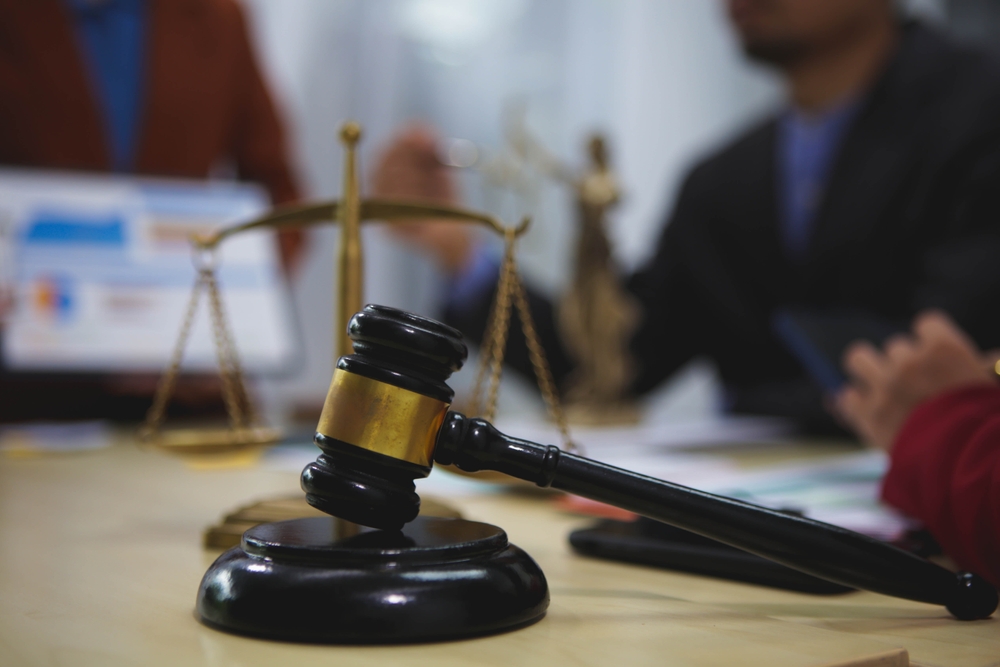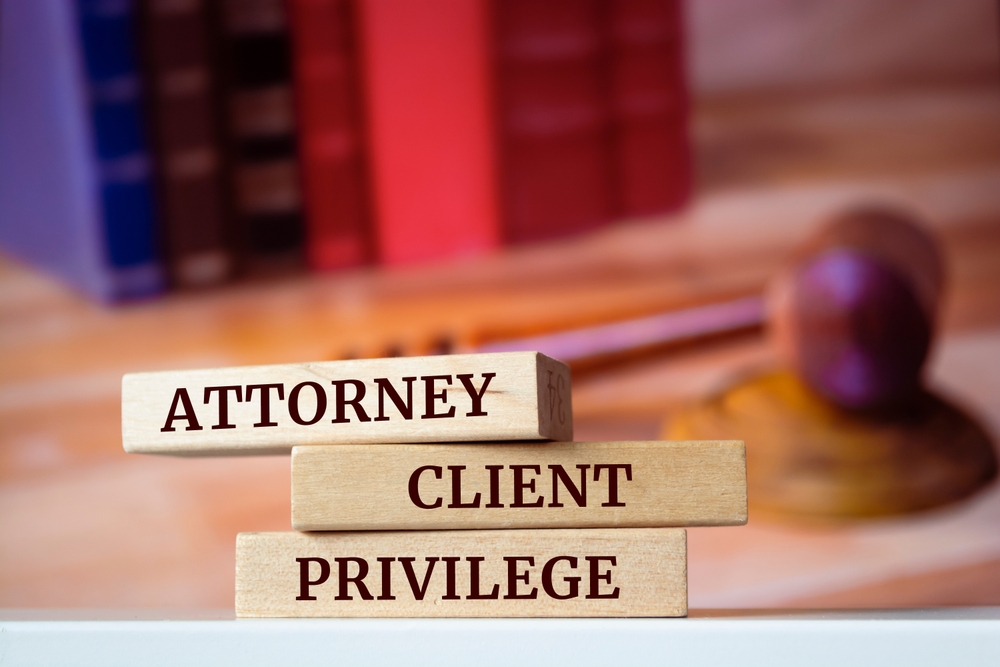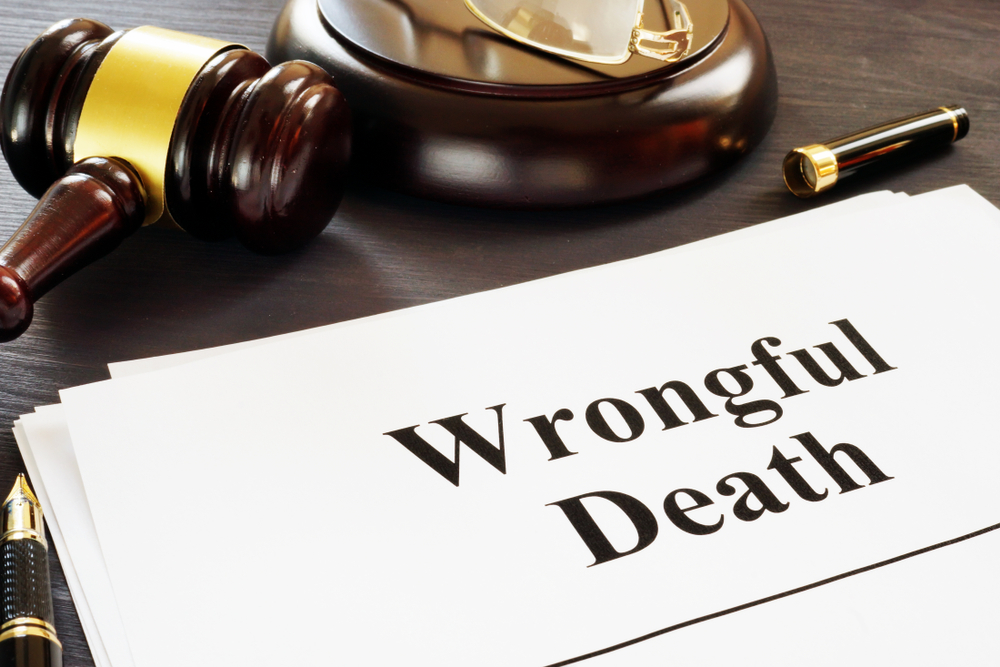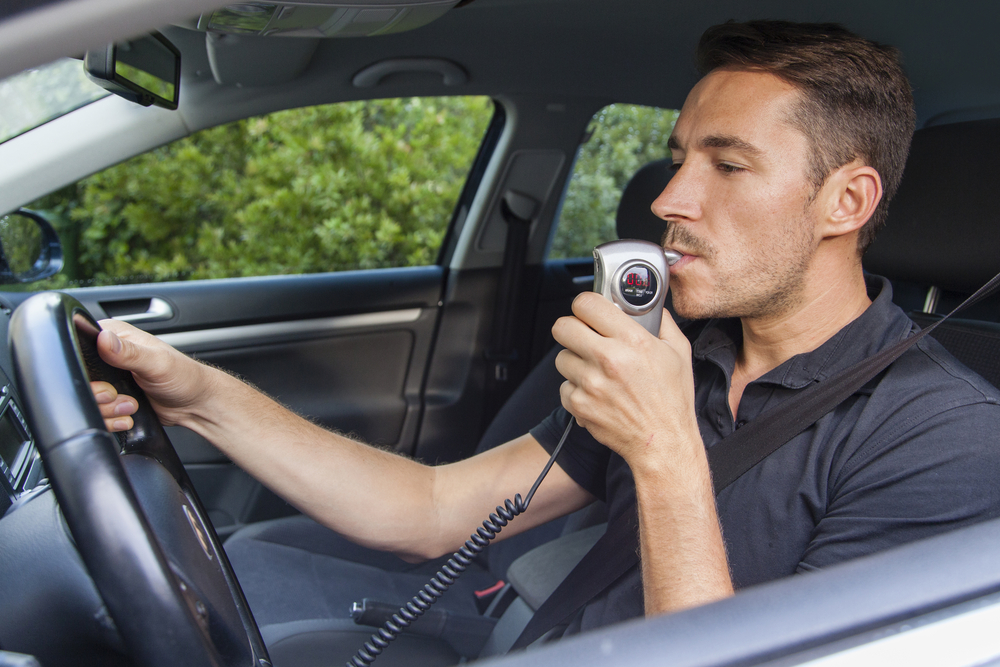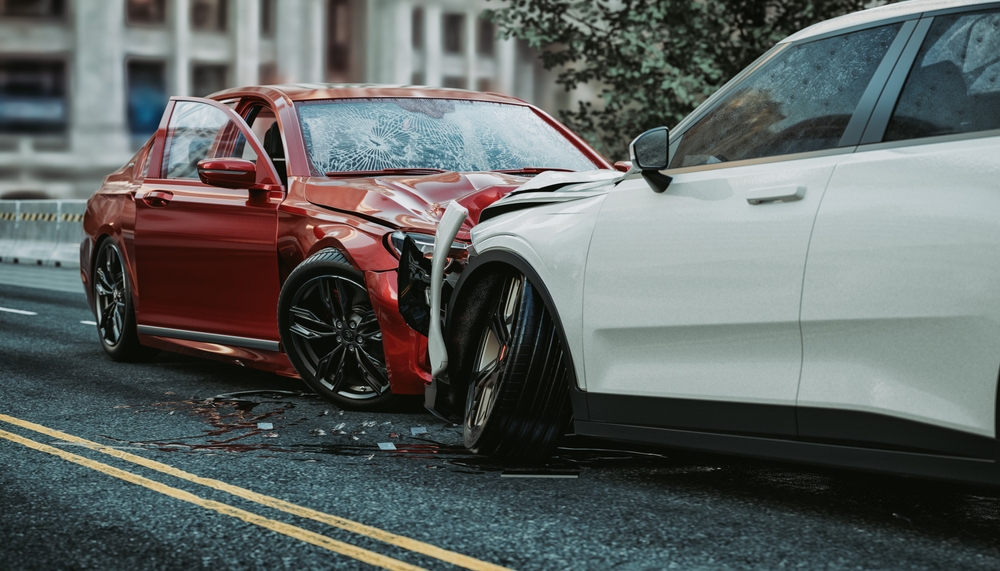A criminal record can cast a long shadow over your life, limiting access to employment opportunities, housing, and education. Even minor offenses from many years ago can create challenges depending on what field of employment you’re looking to enter. In Maryland, however, you may be eligible for a fresh start through a legal process known as expungement. By clearing your criminal record, expungement offers the chance to rebuild your future free from the stigma of past mistakes.
What Is Expungement?
Expungement is the removal of certain criminal records from public access. When a record is expunged, it’s like the offense never happened. With expungement in Maryland, the record is either destroyed or sealed and you are not required to disclose the expunged offense in most situations. Expungement can apply to a wide range of records, including arrests, charges, and in some cases, convictions. While expungement can’t erase the past, it can remove some of the barriers that criminal records often create.
Do You Qualify for Expungement in Maryland?
The law outlines specific conditions under which someone can seek expungement in Maryland. Eligibility depends on the type of offense, the outcome of the case, and the amount of time that has passed. For example, charges that were dismissed, dropped, or resulted in a finding of not guilty are often eligible for expungement. Probation before judgment (PBJ) cases are eligible once the probation period has been completed, provided the offense is not one that bars expungement like a DUI. Additionally, minor misdemeanor convictions may qualify after a set waiting period, and offenses that have been decriminalized, such as the possession of small amounts of marijuana, can be expunged.
What Are the Benefits of Expungement?
There are huge practical and emotional benefits of expungement in Maryland. Without the weight of a visible criminal history, you can approach employment opportunities with renewed confidence. For example, job seekers often face background checks as part of the hiring process. A criminal record can result in automatic disqualification, even for roles unrelated to the offense. Expungement removes this obstacle, which levels the playing field for employment. Similarly, landlords sometimes deny housing applications based on criminal records. Expungement ensures that your past mistakes won’t interfere with your future any longer.
Why Should You Work With an Attorney for Expungement in Maryland?
Navigating the legal system can be daunting, particularly if you’re unsure of your eligibility for expungement in Maryland or how to file a petition. An experienced attorney can streamline the process, ensure that your petition is complete, and walk you through the submission process. With professional guidance, you can maximize your chances of successfully clearing your record.
Contact Mobley & Brown, LLP for Help With Your Legal Needs
If you are interested in expungement in Maryland, you need the right legal assistance. Our experienced legal team is looking forward to working with you to meet your needs. Call us now at (410) 385-0398.


